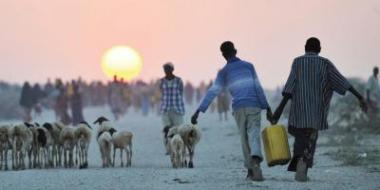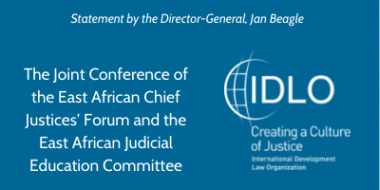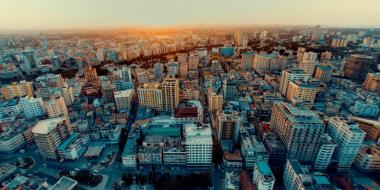ICC President visits IDLO program in Rwanda
IDLO welcomed the President of the International Criminal Court (ICC), Judge Chile Eboe-Osuji, and the former President of the United Nations International Criminal Tribunal for Rwanda (ICTR), Judge Erik Møse, to its training program in Kigali for an interactive exchange with 45 Rwandan judges on the particularities of adjudicating complex international criminal law trials.












